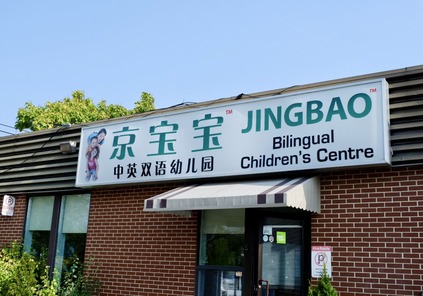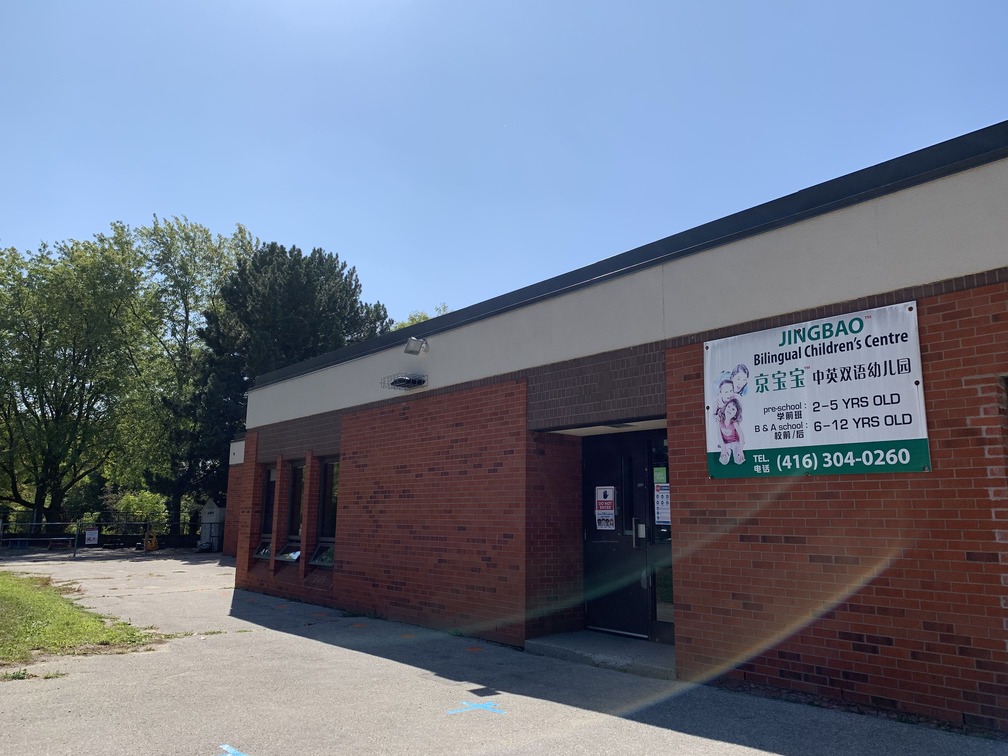- Lower Casa
-
Lower Casa
From 2.5-3.8 years old, children experience significant growth in independence, social skills, and communication abilities. They start to develop an awareness of other’s emotions and boundaries, and their curiosity and imagination flourish. They possess an innate desire to learn and absorb information from their environment.
The role of education is to interest the child profoundly in an external activity to which he will give his full potential.
— Maria Montessori
-
Our Lower Casa Classroom
At JINGBAO™, we maintain our commitment to providing a child-centered learning environment that nurtures children’s independence, coordination, concentration, self-control, self-awareness, and confidence. Our students engage in practical life activities that support their ability to care for themselves, their surroundings, and others. Through hands-on experiences, they use the five senses to explore concepts such as sizes, shapes, colors, tastes and sounds using various materials. Our education on grace and courtesy teaches children how to interact politely with others.
In a 70-80% Mandarin Chinese language environment, our teachers continue to expand students’ Chinese and English vocabulary, covering nouns, verbs, simple adjectives, and adverbs. Children can construct complete sentences and recognize the sounds of most English alphabets, as well as 30 to 50 primary Chinese characters.
-
A Day in Lower Casa
Students begin their day with Montessori activities and alternating English and Mandarin circles. Afternoons include a nap time or quiet activities, creative arts, and French circle, wrapping up with outdoor play and self-directed activities.
-
FAQ
1. What is the daily schedule for lower Casa children in the program?
Lower Casa children begin their day with morning snacks and Montessori work. Our teachers observe each child and guide them with Montessori materials, and the work period continues until 10:00 a.m., followed by a group circle and outdoor activities. A nutritious hot lunch is served before noon. Younger children take a two-hour nap, while older children nap for about 1-1.5 hours. After the nap, students explore loose parts, participate in Mandarin circle, and engage with art materials. They also enjoy healthy afternoon snacks and outdoor playtime.
2. How do the teachers support my child in toilet training?
When a child shows signs of readiness for toilet training, such as having a dry diaper after nap time, showing interest in using the toilet alongside their peers, removing their diapers independently, or expressing a desire verbally, we identify them as physically and mentally prepared for training.
Before commencing the training, parents should provide pull-ups or underwear, depending on the child’s age. Our teachers will closely monitor and assist the child’s toilet use during the process. We also encourage parents to initiate training at school. While toilet training can commence at any time during the year, Spring and Summer are considered ideal times to begin.
3. Can my child attend the program if neither parent speaks Mandarin Chinese?
Yes, we welcome all children regardless of their language and cultural background. Our teachers primarily use Mandarin Chinese but incorporate English to support children’s learning, especially as they initially join our program. As your child progresses, we will gradually increase the use of Mandarin Chinese in daily activities and interactions.
4. What are the Mandarin Chinese language expectations for lower Casa children?
Children at this age are highly receptive to spoken language and quickly grasp words, phrases and sentence structures. In a 100% Mandarin Chinese immersion program, children typically fully understand teachers’ instructions within about three months. After eight months to a year, most children start using complete sentences, including nouns, verbs, simple adjectives, and adverbs. They can retell short stories, use the language to solve problems, and recite songs, poems, and nursery rhymes.
5. How do you assess student performance?
We use the Montessori curriculum assessment tool and student developmental report cards to evaluate students twice a year. Some sites also use an online evaluation tool called The Transparent Classroom to track students’ ongoing progress.
-
Discover More About Our Programs
Choose your nearest location to learn more about the Lower Casa program
 Downtown
Downtown Mississauga
Mississauga North York
North York Richmond Hill
Richmond Hill Scarborough
Scarborough








